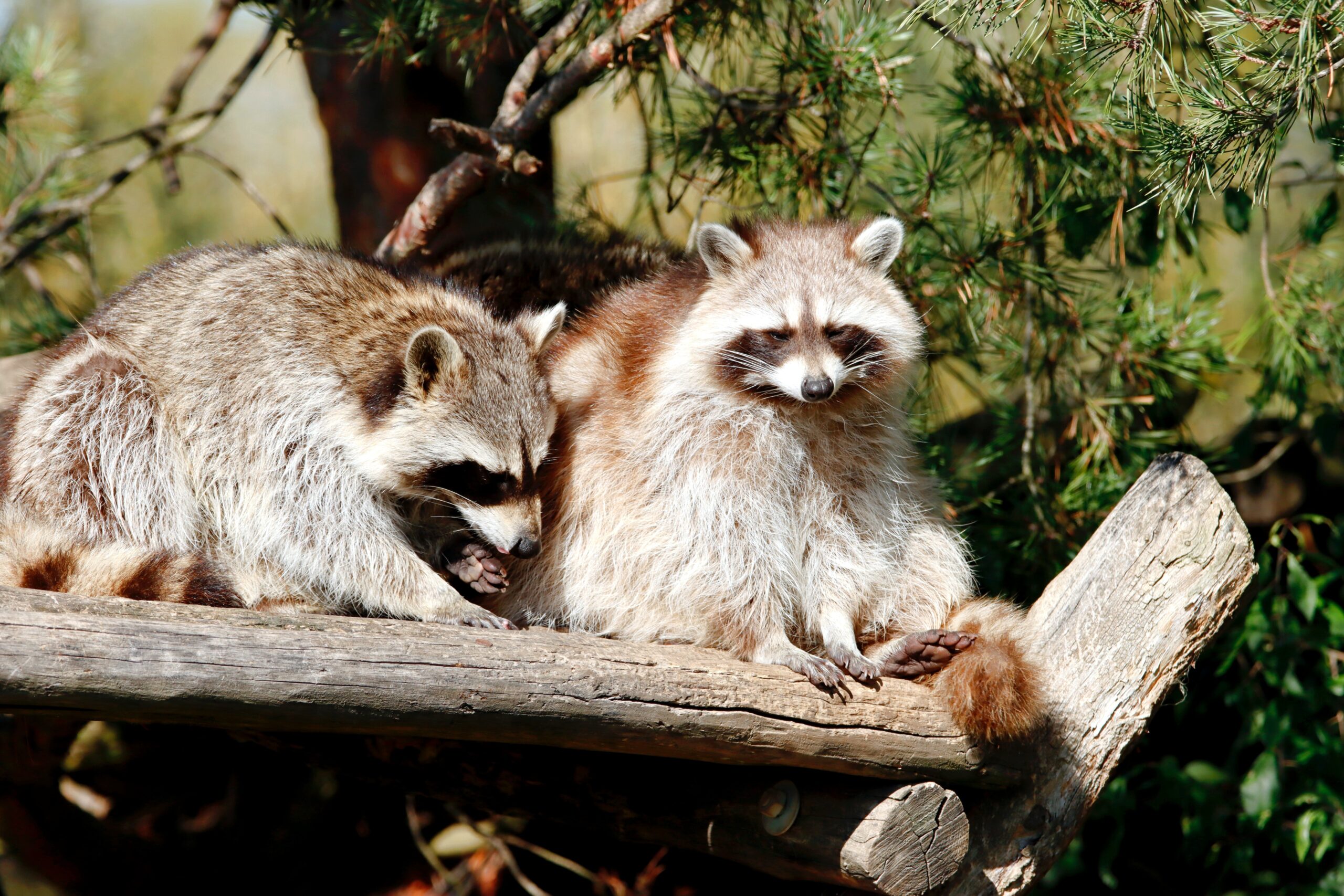Torontonians are being encouraged to avoid raccoons, amid an uptick in disease this season.
Toronto Animal Services (TAS) said a recent increase in the number of service requests for sick and injured raccoons has been confirmed throughout the city.
“From January 1 to June 21, 2023, TAS received 9,614 service requests for sick and injured wildlife compared to 4,914 service requests between January 1 to June 21, 2022,” TAS said.
They said outbreaks of sick and injured raccoons usually occur between May and November, and tend to dissipate when colder weather arrives.
One of those diseases was distemper, a virus that is generally present in the raccoon population.
“Toronto experienced a relatively mild winter this year and it is likely that transmission of distemper was still prevalent,” TAS said.
Raccoons with distemper have been known to approach people, or curl up to sleep in open areas.
“They typically act disoriented or lethargic, may appear blind and confused, wander aimlessly or become aggressive if cornered,” TAS said. “A mucus discharge will often be present around the eyes and nose and may be accompanied by coughing, tremors, seizures or chewing fits.
Another disease to look out for is rabies. While the risk is low in Toronto animal populations, TAS said mammals can be infected with, and transmit the virus.
But this is not to say every animal wandering out in the day is sick or injured.
Brad Gates, the owner and president of Gates Wildlife Control, said raccoons are more likely to approach if they’ve been fed by humans in the past.
“A healthy animal behaves generally the same way, it is going to be alert,” Gates said. “It can either move away from you or approach, but there are so many individuals feeding raccoons and so it looks to humans as a potential food source.”
For this reason, among others, Toronto Public Health (TPH) posted a news release earlier this month, urging Torontonians to stay away from, and avoid feeding wild animals.
The statement said this year, reports of raccoon bites and scrapes have increased significantly. Rabies is spread through these bites and scratches, so TPH said it’s better to stay away the animals all together.
“We remind everyone to avoid contact with raccoons and other wild animals to minimize exposure to rabies,” said Medical Officer Eileen de Villa, in the news release. “Treatment is very uncomfortable and avoidable.”
Because of this uptick in disease, TAS said their team has been slower to pick up deceased animals.
“TAS is averaging a three to five-day response time for cadaver pick-up service requests versus the standard 48 hours,” they said.
TPH said service requests can be submitted to 311, for larger animals like raccoons. Smaller animals can be double-bagged with the bags tied, before being placed in the garbage or brought to any of the three Toronto Animal Services shelters for disposal.
“Residents are reminded to never touch dead animals with bare hands, but instead, wear gloves or use a double plastic bag and wash their hands thoroughly after any contact,” TPH said.
While vigilance and avoidance are encouraged, TPH said people are still welcome to enjoy the warm weather.
“Enjoy the best that summer in Toronto has to offer including our vibrant communities, beautiful parks and lush ravine systems,” said Councillor Chris Moise, in the news release. “While you enjoy the many attractions in the city, be vigilant about avoiding contact with animals as it can require multiple health care visits.”

